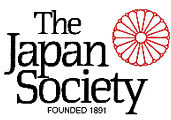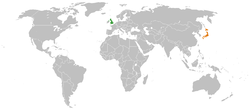A trade union or labor union, often simply referred to as a union, is an organization of workers whose purpose is to maintain or improve the conditions of their employment, such as attaining better wages and benefits, improving working conditions, improving safety standards, establishing complaint procedures, developing rules governing status of employees and protecting and increasing the bargaining power of workers.
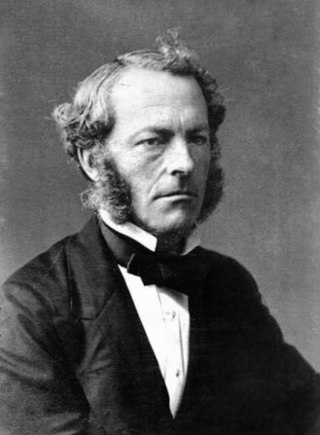
Sir George Gabriel Stokes, 1st Baronet, was an Irish physicist and mathematician. Born in County Sligo, Ireland, Stokes spent all of his career at the University of Cambridge, where he was the Lucasian Professor of Mathematics from 1849 until his death in 1903. As a physicist, Stokes made seminal contributions to fluid mechanics, including the Navier–Stokes equations; and to physical optics, with notable works on polarization and fluorescence. As a mathematician, he popularised "Stokes' theorem" in vector calculus and contributed to the theory of asymptotic expansions. Stokes, along with Felix Hoppe-Seyler, first demonstrated the oxygen transport function of haemoglobin, and showed colour changes produced by the aeration of haemoglobin solutions.

The British Computer Society (BCS), branded BCS, The Chartered Institute for IT, since 2009, is a professional body and a learned society that represents those working in information technology (IT), computing, software engineering and computer science, both in the United Kingdom and internationally. Founded in 1957, BCS has played an important role in educating and nurturing IT professionals, computer scientists, software engineers, computer engineers, upholding the profession, accrediting chartered IT professional status, and creating a global community active in promoting and furthering the field and practice of computing.

John Obadiah Westwood was an English entomologist and archaeologist also noted for his artistic talents. He published several illustrated works on insects and antiquities. He was among the first entomologists with an academic position at Oxford University. He was a natural theologian, staunchly anti-Darwinian, and sometimes adopted a quinarian viewpoint. Although he never travelled widely, he described species from around the world on the basis of specimens, especially of the larger, curious, and colourful species, obtained by naturalists and collectors in England.
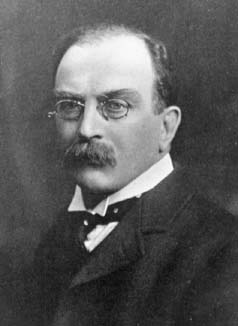
Sir Joseph Larmor was an Irish and British physicist and mathematician who made breakthroughs in the understanding of electricity, dynamics, thermodynamics, and the electron theory of matter. His most influential work was Aether and Matter, a theoretical physics book published in 1900.
The Chartered Institute of Library and Information Professionals is a professional body for librarians, information specialists and knowledge managers in the United Kingdom.

The Rumford Medal is an award bestowed by the Royal Society for "outstanding contributions in the field of physics". The award is named in honour of British scientist Sir Benjamin Thompson, Count Rumford, who is noted for his works on thermodynamics and for establishing the Royal Institution. The award was created in 1796 after Thompson transferred £1,000 to the Royal Society in stocks, instructing the latter to grant the awardee the fund's interest as a premium. Thompson was awarded the inaugural award in 1800.

Japan–United Kingdom relations are the bilateral and diplomatic relations between Japan and the United Kingdom.

Sir Charles Norton Edgcumbe Eliot was a British diplomat, colonial administrator and botanist. He served as Commissioner of British East Africa in 1900–1904. He was British Ambassador to Japan in 1919–1925.

The Royal Historical Society (RHS), founded in 1868, is a learned society of the United Kingdom which advances scholarly studies of history.
The Journal of the Chemical Society was a scientific journal established by the Chemical Society in 1849 as the Quarterly Journal of the Chemical Society. The first editor was Edmund Ronalds. The journal underwent several renamings, splits, and mergers throughout its history. In 1980, the Chemical Society merged with several other organizations into the Royal Society of Chemistry. The journal's continuity is found in Chemical Communications, Dalton Transactions, Faraday Transactions, and Perkin Transactions, all of which are published by the Royal Society of Chemistry.
The British Entomological and Natural History Society or BENHS is a British entomological society. It is based at Dinton Pastures Country Park in Reading, England.
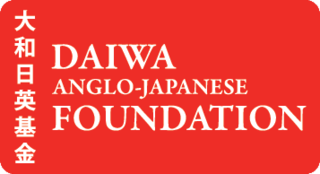
The Daiwa Anglo-Japanese Foundation is a United Kingdom-based charity established in 1988 to support closer links between Britain and Japan. It was founded with a benefaction from Daiwa Securities Co Ltd.
The Railway Correspondence and Travel Society (RCTS) is a national society founded in Cheltenham, England in 1928 to bring together those interested in rail transport and locomotives.
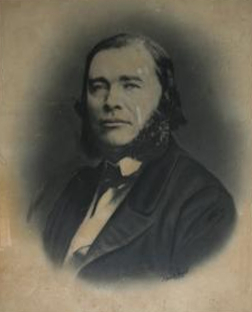
John Allan Broun FRS was a Scottish scientist with interests in magnetism, particularly of the earth, and meteorology. Broun studied in Edinburgh University and worked at the observatory in Makerstoun from 1842 to 1849 before moving to India to work in the Kingdom of Travancore. He continued his studies on geo-magnetism in India and was involved in setting up observatories there apart from managing the Napier Museum in Trivandrum. One of the fundamental discoveries he made was that the Earth loses or gains magnetic intensity not locally, but as a whole. He also found that solar activity causes magnetic disturbances.
The Church's Ministry Among Jewish People (CMJ) is an Anglican missionary society founded in 1809.

The Embassy of Japan in London is the diplomatic mission of Japan in the United Kingdom. The embassy occupies a large Victorian building on Piccadilly opposite Green Park, which is Grade II listed. It was once the former Junior Constitutional Club, which was the first building in London to have its exterior entirely clad in marble.

British – Serbian relations are foreign relations between the United Kingdom and Serbia. Both countries established diplomatic relations in 1837. The UK has an embassy and consulate in Belgrade and Serbia has an embassy in London. The Serbian ambassador to the United Kingdom is Dr Dejan Popovic and the British ambassador to Serbia is Sian MacLeod.
Sir William Cecil Dampier FRS was a British scientist, agriculturist, and science historian who developed a method of extracting lactose from whey.
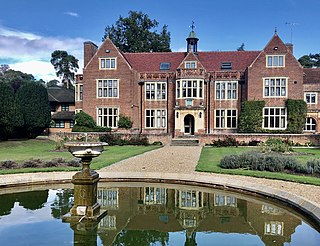
Teikyo School United Kingdom is a Japanese international school in Wexham, Buckinghamshire, 20 miles to the west of London. It educates 59 students aged between 15 and 18 years. It is affiliated with Teikyo University, and the Japanese government classifies the school as a Shiritsu zaigai kyoiku shisetsu or an overseas branch of a Japanese private school.
